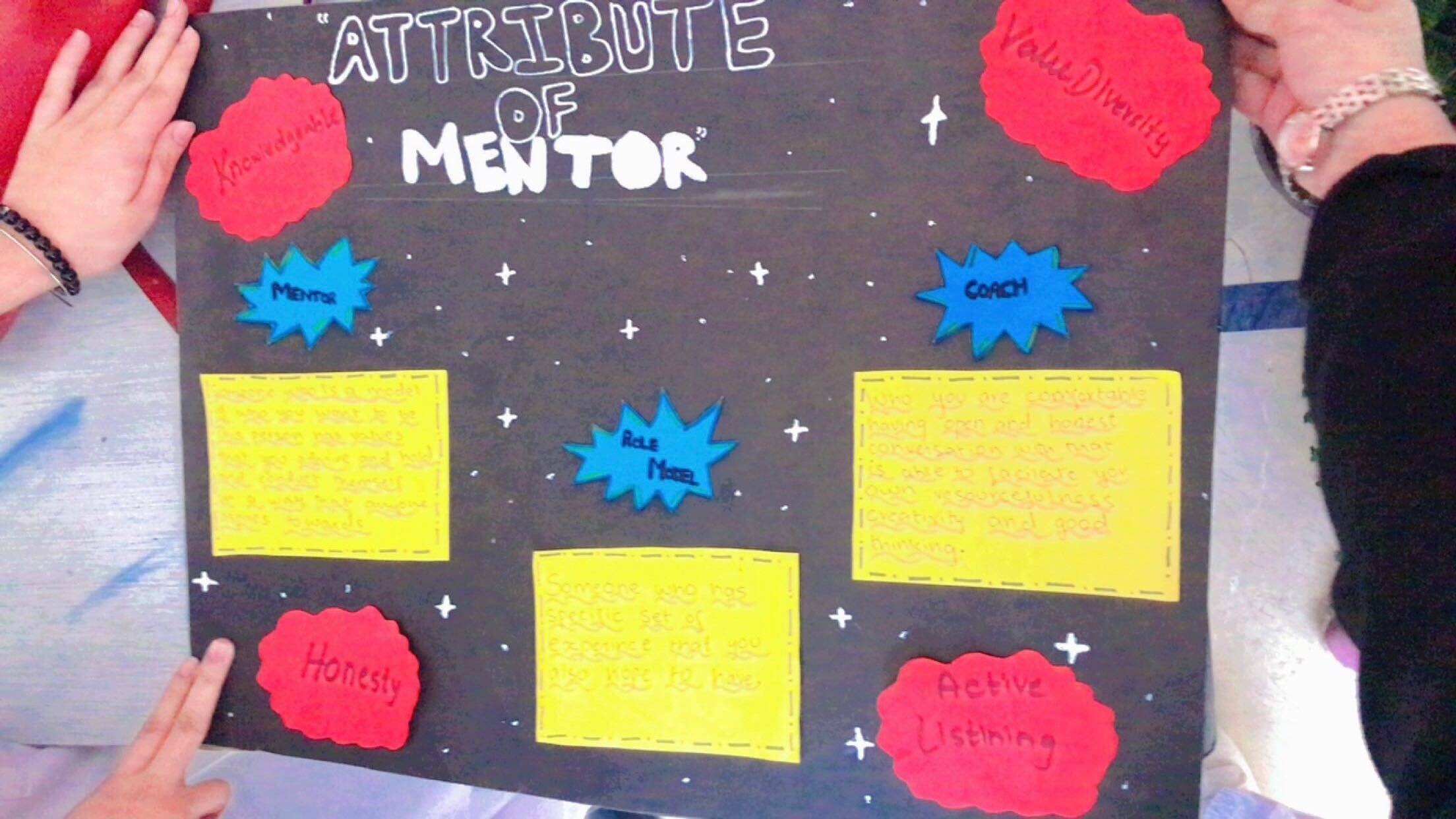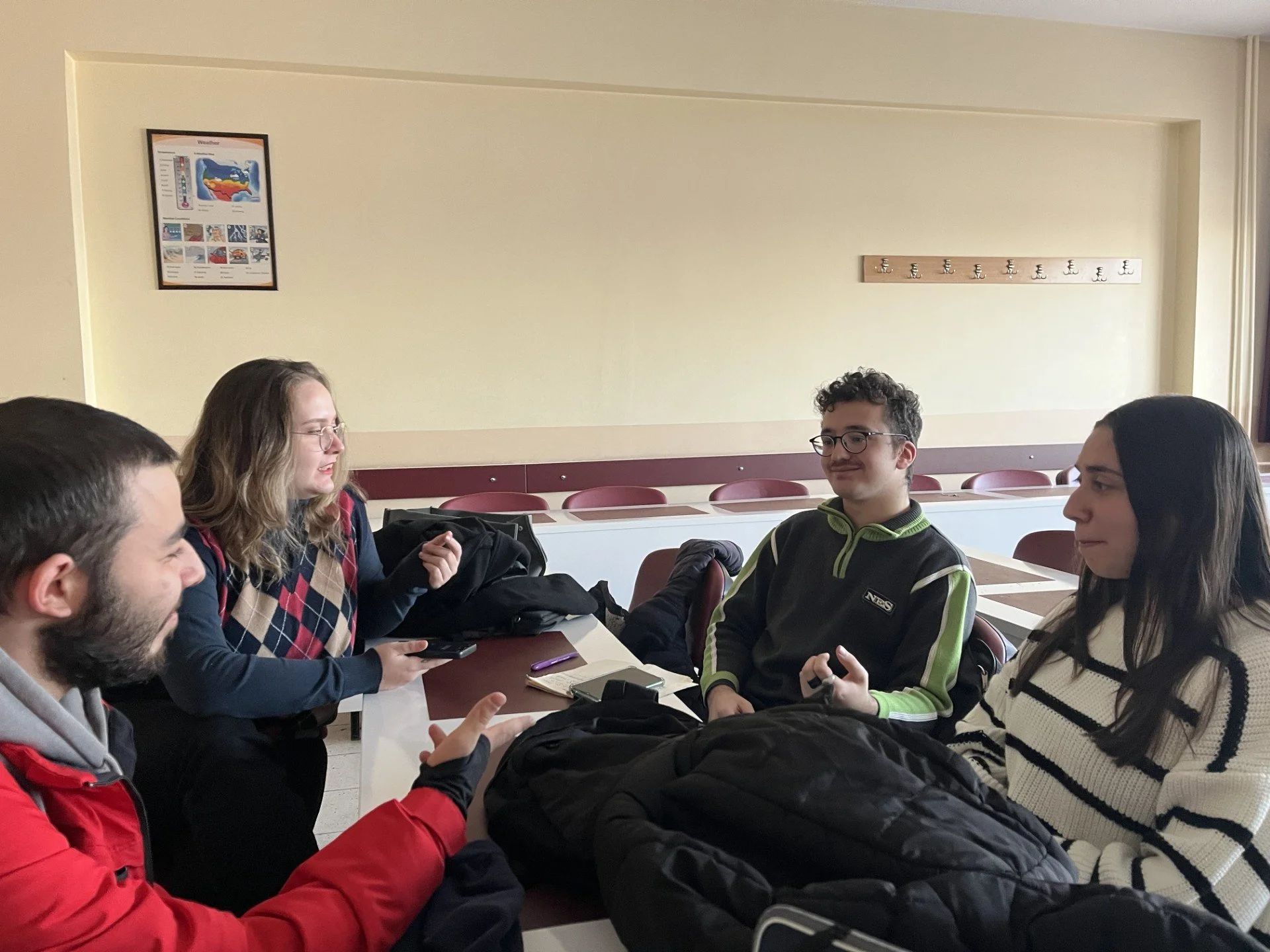by Danny Mucinskas
The Good Project is excited to announce that the Value Sort activity, which has for many years been our most popular reflection tool, has been revamped with the inclusion of a new values list, as well as new formatting that allows for easy sorting and event code creation on web and mobile. View and take the new Value Sort yourself here.
The Value Sort activity is an exercise that asks users to sort a set of unique values, such as “Honesty,” “Power,” and “Faith,” according to their relative importance to one another, similar to a q-sort methodology used in the social sciences. The user must make forced choices between the significance of the values to them personally by limiting the number of items that can be placed under five headings: Most Important (limited to four values), More Important (six values), Neutral, Less Important (six values), and Least Important (four values).
Then: A Research Tool
During The Good Project’s initial investigation of the meaning of “good work” across various professional and working domains, which began during the late 1990s, the Value Sort was developed by Dr. Jeanne Nakamura (Claremont Graduate University). She developed a comprehensive set of 30 value items that she found in a survey of the literature to be important to American employees and professionals in their working lives. The Value Sort was then provided as a reflection prompt to research interviewees, including doctors, lawyers, educators, actors, and journalists, as a way for them to identify the most significant guiding principles in their working lives. These interviews ultimately led to the creation of The Good Project’s framework of “good work” consisting of excellence (technical proficiency), ethics (social responsibility), and engagement (meaning, enjoyment, and purpose).
Interviewees in the original investigation of “good work” overwhelmingly reported that they appreciated the chance to pause and consider their personal values. In subsequent years, the Value Sort became an integral part of the educational and curricular materials created by The Good Project for use by teachers and adolescents. As the focus of The Good Project shifted from qualitative interviews with workers to pedagogical practices that could share the ideals of “good work” with an audience of diverse young people, preparing them for the complex decisions they would make in their work, the Value Sort remained a key exercise. Both the original GoodWork Toolkit (The Good Project’s first foray into the creation of educational materials) and the project’s more recent comprehensive lesson plans have included the Value Sort as a key way to prompt learners to consider their underlying guiding ideals, with over 125,000 individual completions of the older online Value Sort that was active from December 2019. People have also used the Value Sort comparatively to consider the values important to their colleagues and organizations, looking at areas of alignment and misalignment.
Review and Updates
Yet in 2022, as we embarked on a study of the impact of our lesson plans on teaching and student learning, particularly how ideas of “good work” might affect student character growth, we realized that the Value Sort was in need of an update. Our Community of Practice, made of around 100 international educators, remarked that the values list may not have been entirely representative of the full range of values important to their students. Wide cultural differences were apparent between the population that the Value Sort was originally intended to be used with (American professionals taking part in a research study at the turn of the millennium) and the learners that the tool was now being used with (adolescents in many countries over 20 years later). In particular, we observed that the list of 30 values included on the original value sort were individualistic, Western values, and primarily related to professional environments (e.g., “professional accomplishment”) as opposed to more general circumstances. We therefore decided to adapt the Value Sort to be more current to our needs and constituencies.
From 2023-2024, our team spent time reviewing a variety of values taxonomies and lists, with a particular focus on identifying possible values that had not been represented in the original items on the Value Sort. We compiled a set of 58 synthesized values from non-academic and academic sources, and using the list, we then performed a survey with an international population of nearly 300 respondents from 13 countries, with the largest groups coming from Argentina, Australia, India, Poland, South Africa, Thailand, United Arab Emirates, United Kingdom, and United States. Respondents were asked to complete the Value Sort exercise, to define each of their top and bottom values in their own words, and then to recommend values that should be added to or eliminated from the exercise in open-ended responses.
Our survey results showed that:
The values most often chosen as among respondents’ four “Most Important” values were as follows (all of which have been preserved in the updated version of the Value Sort):
Confidence
Creativity
Honesty
Balance
The values most often chosen as among respondents’ four “Least Important” values were as follows:
Power
Wealth
Frugality
Tradition
While Power remains on the value sort, Wealth, Frugality, and Tradition were subsumed by other new items (namely Security and Loyalty).
Based on our analyses of the survey results, we pared down further and edited the grouping and phrasing of each of the values in our list, ultimately landing on a set of 35 values for inclusion in the updated version of the Value Sort that has now been made public. The values within the new set are now more representative of collective or relational aspects (e.g., Love, Loyalty) that were absent from the original list, as well as values that may be more common to personal or non-work circumstances (e.g., Achievement, Fairness), which will help people consider how their values cross multiple aspects of their lives. Each value now also includes a brief explanation or connotation (which users can toggle on or off) to help users understand the meaning of each of the value items. We found that this would be particularly helpful for non-native English speakers or for translation of the Value Sort into other languages, since single English words may not have exact or similar translations into other (even closely-related) languages.
The New Value Sort
The new set of values and their definitions is visible in the list below.
Achievement: reaching goals, gaining recognition from peers, supervisors, or field
Balance: in life, in work, between the two
Collaboration: working with others in depth
The Common Good: working towards the benefit of all
Confidence: belief in oneself
Creativity: thinking outside the box, beyond or transcending the “norm,” originality
Curiosity: a strong desire to know or to learn
Diligence: being hardworking, stick-to-itiveness, constant effort, persistence
Diversity: difference or variety of opinions, of perspectives, of backgrounds
Efficiency: accomplishment with minimal amount of effort or time
Enjoyment: pleasure, satisfaction, engagement
Fairness: freedom from bias, justness
Faith: belief or trust in something, not based in proven fact
Forgiveness: willingness to pardon someone or something
Gratitude: being grateful or thankful
Growth: not stagnant, the process of growing
Health & Wellbeing: physical, emotional and mental well-being
Helping Others: doing for other people
Honesty: truthfulness, sincerity
Hope: belief in positive possibilities
Humility: modesty
Independence: freedom to act, think, etc. on one’s own
Introspection: looking inward, examining one’s own thoughts, beliefs, or emotions
Kindness: goodness, benevolence, thoughtfulness towards others
Knowledge: well-versed familiarity with a particular subject
Love: presence of deep, affectionate relationships
Loyalty: being faithful to someone or something
Openness: receptive to new ideas, experiences
Patience: meeting difficulties or obstacles with calm and resilience
Peace: a state of harmony, tranquility, and absence of aggression, hostility
Positive Relationships: healthy, sustaining relationships with friends, family, coworkers
Power: strength, control, authority, ability to get things done
Respect: to hold in high regard, esteem
Security: freedom from anxiety, such as about finances, safety, etc.
Trust: belief in reliability, truth, or abilities of someone or something
It is our hope that the current Value Sort will allow people of all ages to engage with an expanded set of value items that is more representative of the full set of possible life values across the world and that the tool remains a popular way of reflecting on what is important to each of us. In this way, the Value Sort continues to fulfill its original research purpose: to help people think about where we each derive meaning and how we understand the standards that drive our thoughts and actions.
Please visit our Value Sort landing page for more information and complementary materials that will guide you in using the Value Sort and reflecting upon your answers. We welcome our readers’ thoughts and reactions to the updated Value Sort.





















